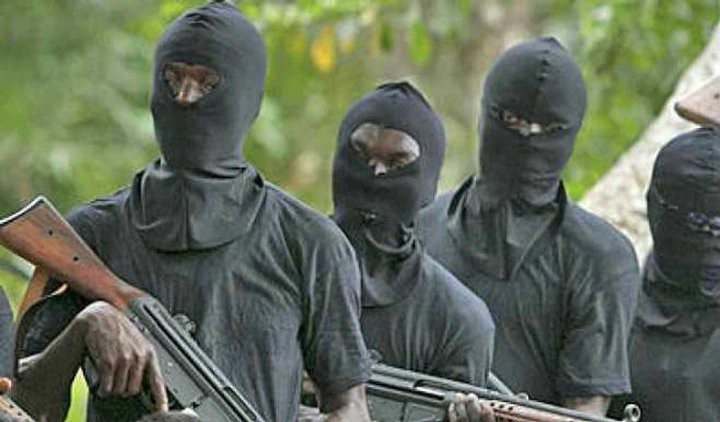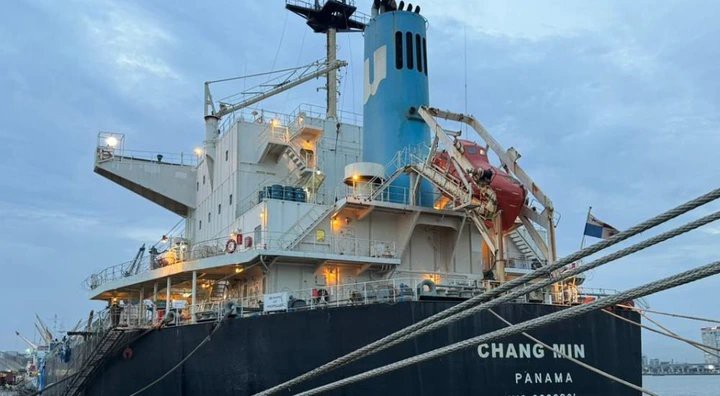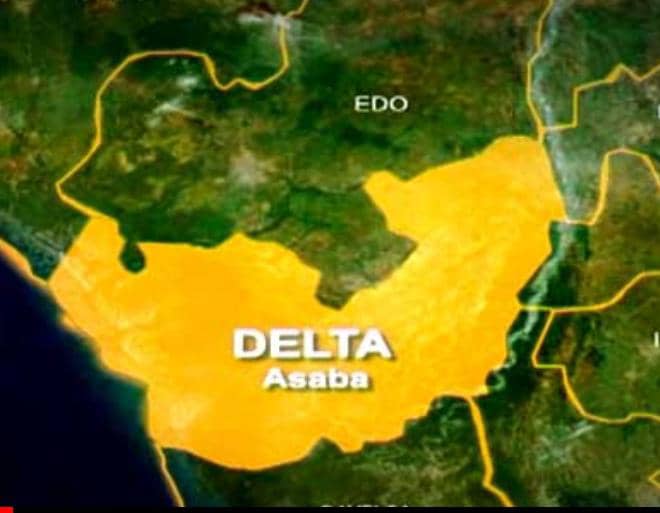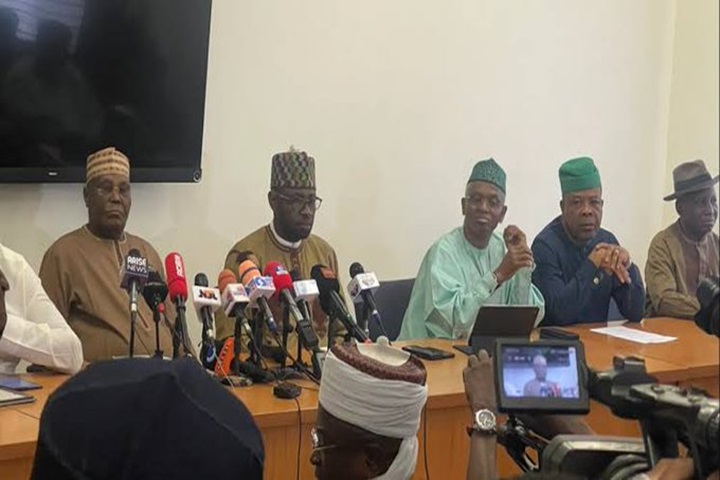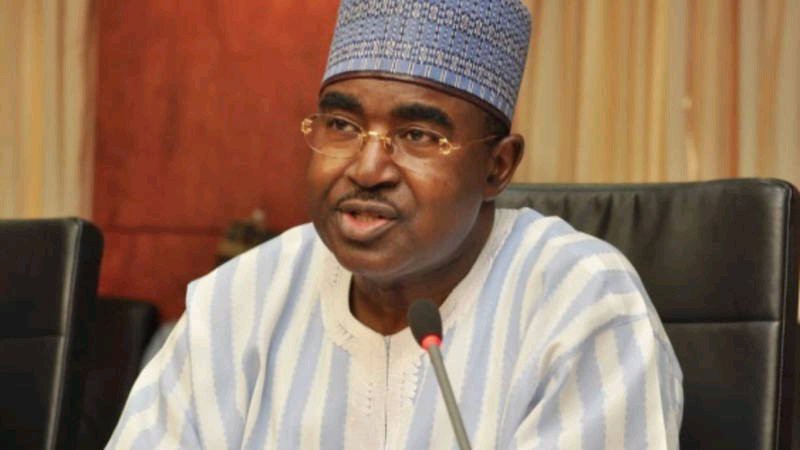World
Trump, Musk endorses Afrikaner resettlement amid global backlash

The United States has introduced a controversial resettlement policy prioritizing South African Afrikaners and other racial minorities.
Eligibility requires applicants to identify as Afrikaners or racial minorities and prove credible past or future persecution.
The U.S. Embassy in Pretoria released these guidelines, sparking sharp debate across political, diplomatic, and media circles.
US President Donald Trump and tech billionaire Elon Musk have publicly supported the initiative.
Both figures claim South African Whites, especially Afrikaners, face discrimination under current property laws.
A newly passed land reform law allows land expropriation without compensation in certain cases.
Trump has called this law discriminatory and warned it may affect U.S.–South Africa relations.
On Monday, he threatened to skip the G20 summit in South Africa if the issue remains unresolved.
Elon Musk echoed similar concerns, citing his family’s South African roots and fears of racial targeting.
South Africa is also under U.S. scrutiny for filing a genocide case against Israel at the ICJ.
Pretoria accused Israel of genocidal acts in Gaza, a claim Israel and the U.S. strongly reject.
Analysts say U.S.–South Africa tensions are rising over both domestic policy and international legal disputes.
Critics of the resettlement program argue it distorts realities in post-apartheid South Africa.
Veteran journalist Max du Preez dismissed the policy as political theater tied to Trump’s base.
He called the persecution narrative “absurd” and said it distracts from actual social progress.
Du Preez linked the policy to American right-wing backlash against diversity and inclusion.
He said some applicants may be fleeing social change, not genuine persecution.
Afrikaners are White descendants of Dutch, German, and French settlers in southern Africa.
Today, Whites make up only 7.3% of South Africa’s population but hold disproportionate economic power.
They own around two-thirds of commercial farmland and earn significantly more than Black South Africans.
Critics argue U.S. policy ignores lingering White privilege and distorts historical accountability.
Under apartheid, Afrikaner-led governments enforced racial segregation from 1948 to 1994.
The system denied Black South Africans basic rights until democracy was achieved in 1994.
The current policy has drawn backlash from South African officials and international observers alike.
Many argue the resettlement focus should remain on the country’s Black and marginalized communities.
The U.S. State Department has not explained why Afrikaners are prioritized in the program.
Observers believe the policy aligns with Trump-era narratives of White grievance and anti-globalism.
Trump has previously criticized diversity programs and claimed White conservatives face global persecution.
This initiative may further complicate already strained U.S.–South Africa relations.
The ANC has condemned perceived Western double standards on race and international justice.
Pretoria’s stance on Israel has contributed to growing friction with Washington.
Despite disagreements, South Africa remains a top U.S. trading partner in Africa.
The two countries maintain strong economic ties in mining, agriculture, and technology sectors.
South Africa is also a leading voice in BRICS, alongside China, Russia, India, and Brazil.
Analysts warn the U.S. resettlement policy could alienate Pretoria and destabilize diplomatic channels.
South African leaders have yet to formally respond to Trump’s G20 threat or the policy shift.
The White House has not confirmed if Trump’s position represents current U.S. foreign policy.
Some fear the policy will encourage racial division and selective emigration among White elites.
Human rights groups say most South African victims of persecution are still poor and Black.
The move has reignited national debates on privilege, race, and post-apartheid justice.
Global attention now focuses on whether the U.S. will implement this policy at scale.
Diplomatic tensions continue to rise as observers question the long-term consequences of the policy.
For Diaspora Digital Media Updates click on Whatsapp, or Telegram. For eyewitness accounts/ reports/ articles, write to: citizenreports@diasporadigitalmedia.com. Follow us on X (Fomerly Twitter) or Facebook






